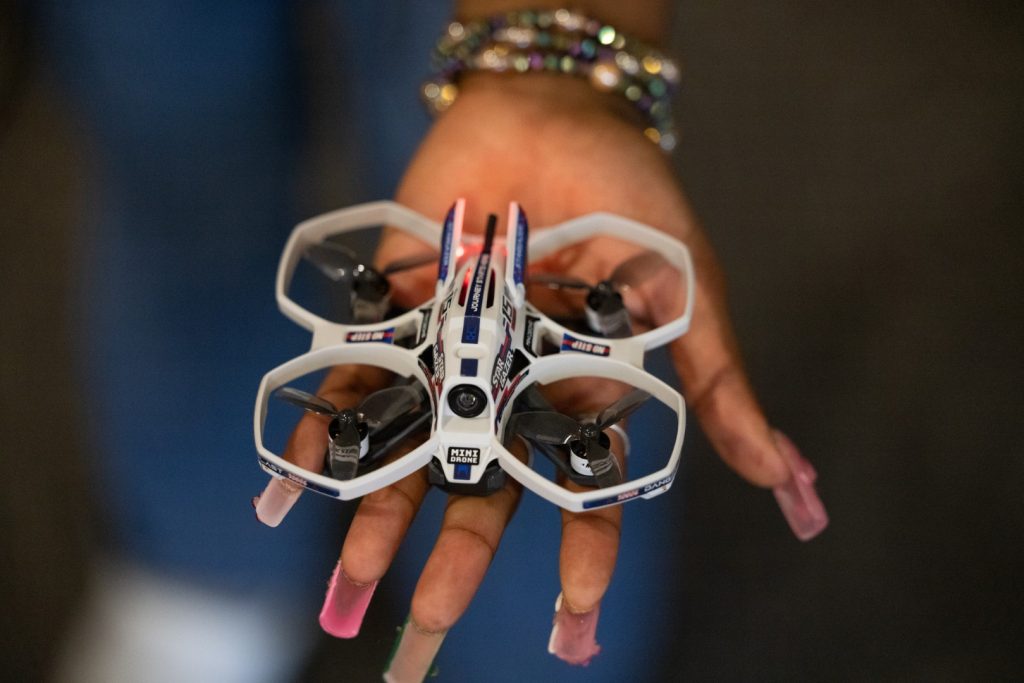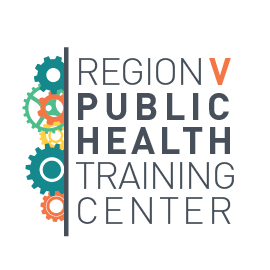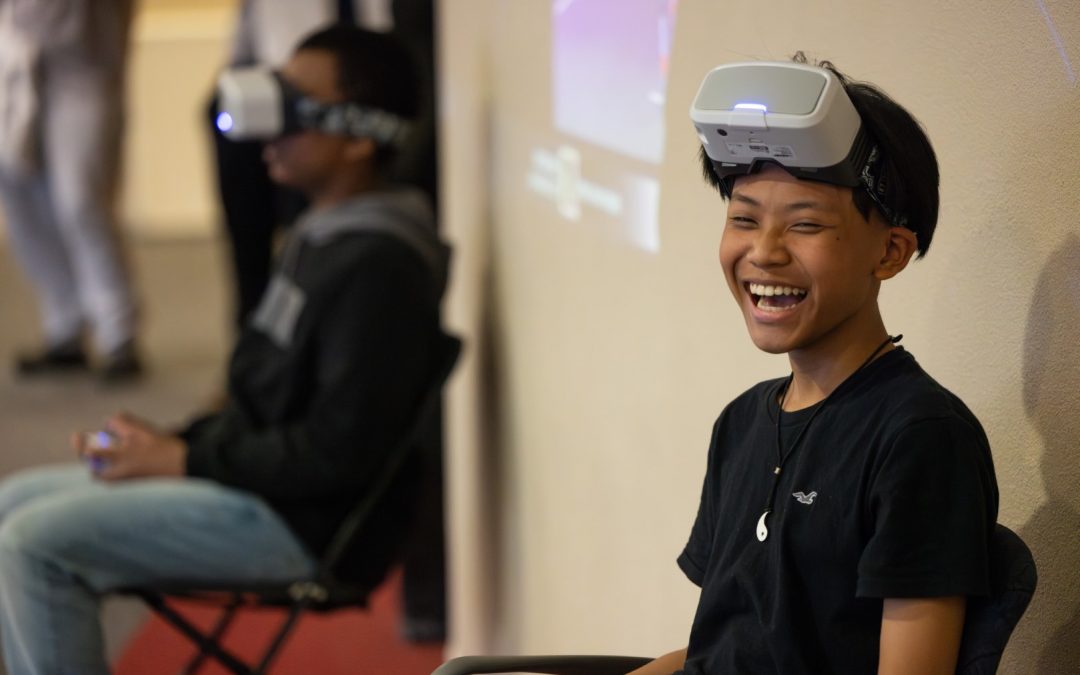By Ruby H.N. Nguyen, Ph.D., M.H.S, University of Minnesota School of Public Health
As public health agencies are continually spread thin, the need to grow our public health workforce is paramount. Introducing middle and high school students to public health as a career option has long been discussed. Still, few programs have done so with students before they reach a college campus, like ours at the University of Minnesota-Twin Cities. Previous attempts at introducing young minds to public health have had varying success. Using innovative approaches, we hope to have better outcomes, such as inspiring students to pursue a career in public health, particularly with local and state public health agencies. We designed an interactive program for underrepresented middle and high school students from our local communities, with the goal to develop a hands-on experience that would familiarize them with public health through the exciting technology of drones. We placed special emphasis on how drones have been used in public health, particularly with emergency preparedness and response.
Youth learn through play, and there is an extensive literature on how interactive activities increase knowledge retention. Our drone racing modules were placed accordingly into the public health curriculum to maximize hands-on experience. The intent of including captivating, hands-on learning was that it would create an engaging and memorable experience; pairing drone racing with drone use in public health allows students to better retain the information acquired during the week-long camp. To achieve our goals we partnered with a local youth drone racing company, Youth Drone Sports Championships (YDSC), which has expertise in teaching teenagers how to race palm-sized FPV (first-person-view) quadcopter drones. To reach our target audience of students, we also partnered with several community-based organizations that focused on educational enrichment for children in underserved communities, including Project Success, Beyond Walls Twin Cities, and the University of Minnesota’s Urban Research Outreach-Engagement Center (UROC).
Our mission loomed large. We were challenged to develop a curriculum that was able to achieve our public health goals but also provided enough time for students to become competent in racing drones – all within one week. Our public health curriculum focused on core concepts and the pillars of public health, which bookended time with the drones. For example, we highlighted areas of epidemiology, health policy, environmental health, and biostatistics. Each day had a singular topical focus and included a guest lecturer on the topic. The days began with an introduction to public health terms such as emergency preparedness, epidemics, vaccination programs, and levels of prevention. Each day’s introduction session framed public health and introduced how drone technology is currently being implemented to protect the public’s health in that area. Specific topics and guest speakers were chosen because of their experience with drones in their field. We covered: malaria prevention, provision of blood products in emergency situations, air sampling of pollution, and analysis of air pollution data. Students learned how different types of drones are used to address these real-life public health problems, and then when learning to pilot the drones, they were asked to consider how they and their drone could play a role in keeping communities healthy if they were piloting.
We had a fantastic level of engagement in our program. Students had so many questions that sessions frequently ran over; guest speakers were thrilled by the engagement and were enthusiastic to return again. Our week ended with a cheer-filled drone race hosted by the University of Minnesota’s School of Public Health. Students were split into two teams and were asked to race through a course constructed for them. As they had throughout the week, they thought about how drones are used to protect the public’s health, and as importantly, they thought about how they could be part of keeping their own communities healthy.

A drone used in collaboration with Youth Drone Sports Championships.

